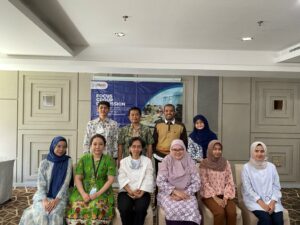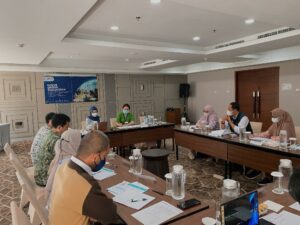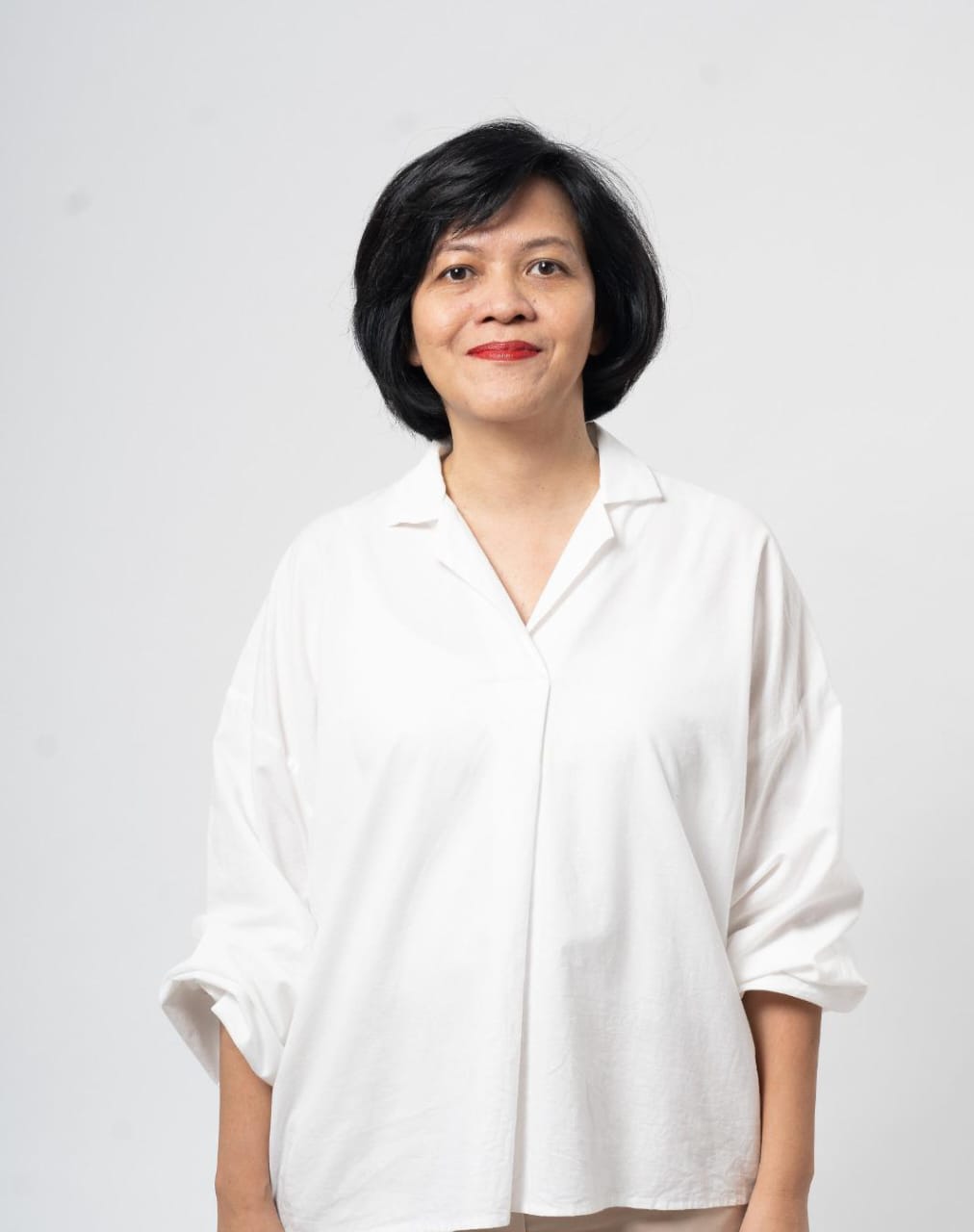
SMART CITY UI: IDENTIFICATION OF HIGHER EDUCATION INSTITUTIONS INVOLVEMENT IN AGRICULTURAL INNOVATION ECOSYSTEM OF WEST JAVA
In maintaining national food security and making Indonesian agriculture advanced and sustainable, the role of various parties is needed, one of which is higher education institutions. Universitas Indonesia (UI) through Scientific Modeling, Application, Research, and Training for City-centered Innovation and Technology, Universitas Indonesia (SMART CITY UI) in collaboration with the University of Notre Dame (UND) in the United States carried out a research entitled “Supporting Holistic and Actionable Research in Education (SHARE)” since 2022 with funding support from USAID (United States of America International Development).
SHARE has two research priorities in a study entitled “Higher Education Institutions Generating Holistic and Transformative Solutions (HEIGHTS)” on the innovation ecosystem and financial sustainability in Indonesian universities. Through the innovation ecosystem study, SHARE aims to understand and analyze the involvement of universities in the innovation ecosystem in the agriculture sector in West Java.
Previously, the SMART CITY research team held a series of Focus Group Discussions (FGD) by presenting speakers from various institutions, ranging from the government, universities, non-profit organizations, and the private sector. Among them are the Directorate of Food and Agriculture of the National Planning and Development Agency, Zulfandi; Business Sustainability Manager of Sygenta, Mirna Mutiara; Professor of IPB University, Prof. Dr. Ir. Luki Abdullah, M.Sc., Agr.; Professor of Universitas Pasundan, Prof. Dr. Ir. Wisnu Cahyadi, M.Sc.; Manager of Business Innovation and Incubation, Directorate of Bandung Techno Park, Telkom University, Nungki Selviandro, Ph.D.
In his remarks at the opening of the FGD, the Head of the SMART CITY UI Research Team, Ahmad Gamal, S.Ars., M.Sc., M.U.P., Ph.D., said, “Agriculture is only a domain, the focus of this discussion is to see how is the involvement of Higher Education in the innovation ecosystem, in this case, we limit it to West Java because there are many papers related to innovation in the West Java region.”

This FGD activity was carried out four times, starting from January 10 to January 11, 2023 and continuing on January 24–25, 2023 at Swissbell-resort Dago Heritage, Bandung, West Java. In the discussion, the participants emphasized that universities need to act as intermediaries or hubs that connect each stakeholder and optimize the utilization of human resources for researchers at universities.
In addition, it is necessary to increase long-term relationships or cooperation with local governments as informants, drivers, or liaisons for innovation from non-entity researchers, such as the general public, practitioners, the private sector, and industry or market players as informants and trainers so that innovation can be contextualized according to the needs. Meanwhile, the government’s role also needs to be boosted as a regulator and facilitator. The government needs to develop regulations to facilitate reciprocal relationships, unite stakeholders in one activity, and regulate producers and users to collaborate.
Furthermore, the government is also expected to be active in creating programs that can increase the economic attractiveness of agriculture and attract young people to enter the world of agriculture by developing various innovations. Even many agricultural areas in West Java have established it in Regional Regulations, such as Land for Sustainable Agricultural Food (LP2B) and Protected Rice Field (LSD)
In the future, it is hoped that universities can develop innovative products that produce benefits in society that are also in line with market demand (private and industry). The role of higher education institutions is not only to produce innovations but also to ensure that these innovations can be accepted by the market and properly implemented in society, especially by end-users, which are farmers. “We hope there will be more discussion activity like this in the future, which not only conduct a discussion but also provide concrete solutions and actions,” said Nungki.
Author: SMART CITY UI|Editor: Maudisha



